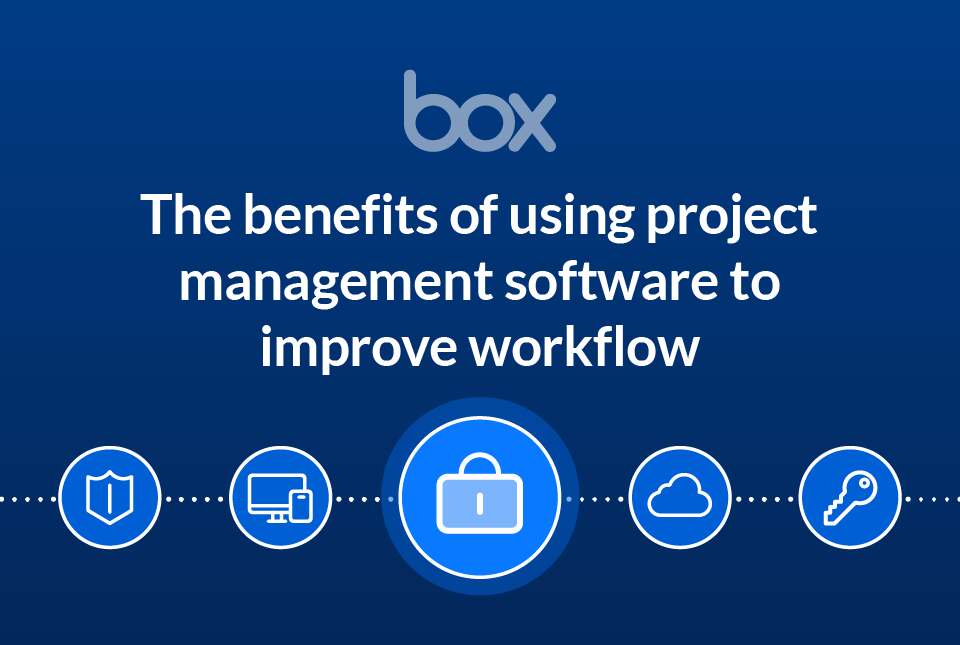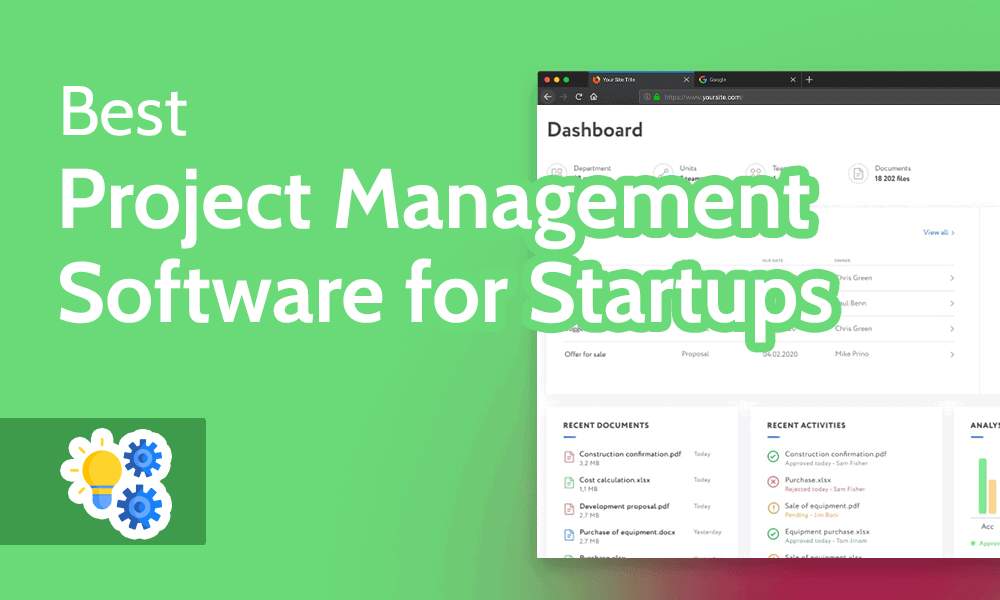Project Management Software: Boosting Efficiency and Streamlining Workflows
Project Management Software

Project Management Software In today’s fast-paced business environment, has become indispensable for organizations aiming to enhance productivity, improve collaboration, and achieve project goals efficiently. With the myriad of options available in the market, choosing the right software can be a daunting task. In this comprehensive guide, we will delve into the essential features, benefits, and considerations for selecting the best project management software to meet your specific needs.
Why Project Management Software is Crucial for Modern Businesses
The business landscape is increasingly competitive, requiring teams to work more efficiently and collaboratively than ever before. Project management software serves as the backbone for coordinating tasks, managing resources, and tracking progress across various projects. It ensures that every team member is on the same page, reducing the likelihood of errors and missed deadlines. Moreover, such software fosters better communication, thereby enhancing overall team productivity.
Key Features to Look for in Project Management Software

When evaluating different 3uTools Activation Lock Bypass options, it’s important to focus on the features that will most benefit your organization. Here are some of the critical functionalities to consider:
- Task Management and Scheduling:
A robust task management feature allows you to break down projects into manageable tasks, assign them to team members, and set deadlines. Gantt charts and Kanban boards are popular tools that help in visualizing task progress and timelines. - Resource Allocation:
Efficient resource allocation ensures that your team members are not overburdened, and resources are utilized optimally. Look for software that offers resource leveling and management features. - Collaboration Tools:
Seamless collaboration is essential for project success. Features like file sharing, real-time chat, and discussion boards facilitate better communication among team members, regardless of their geographical location. - Time Tracking and Reporting:
Time tracking features help in monitoring the time spent on tasks, which is crucial for billing clients accurately and assessing team productivity. Reporting tools that generate comprehensive reports on project progress, resource utilization, and timelines are equally important. - Budget Management:
Keeping projects within budget is a top priority for any organization. Project management software should include budgeting tools that track expenses, forecast costs, and provide real-time insights into financial performance. - Integrations with Other Tools:
The ability to integrate with other tools, such as CRM systems, email platforms, and document management software, is crucial for creating a seamless workflow. Ensure that the project management software you choose can easily integrate with the existing tools your team uses.
Benefits of Using Project Management Software

Investing in the right project management software brings numerous benefits that extend beyond simple task management.
- Enhanced Productivity:
By automating repetitive tasks and providing a clear overview of project progress, project management software enables teams to focus on high-value activities, thereby increasing productivity. - Improved Team Collaboration:
Collaboration tools embedded in project management software eliminate communication silos, enabling teams to work together more effectively. This results in better decision-making and quicker resolution of issues. - Better Resource Management:
With features that monitor resource availability and workload, project management software helps in avoiding bottlenecks and ensuring that resources are allocated efficiently across projects. - Accurate Project Tracking:
Real-time tracking of tasks, budgets, and timelines ensures that projects stay on track. This transparency allows project managers to identify potential issues early and take corrective action. - Scalability and Flexibility:
As your business grows, so do your project management needs. The right software will scale with your organization, offering the flexibility to manage an increasing number of projects without compromising on performance.
Considerations When Choosing Project Management Software

Selecting the right project management software requires careful consideration of several factors. Here’s what you need to keep in mind:
- Size and Complexity of Projects:
The software you choose should align with the scale and complexity of the projects you typically handle. For large, multifaceted projects, look for software that offers advanced features like dependency tracking and resource forecasting. - User-Friendliness:
No matter how powerful the software is, it won’t be effective if your team finds it difficult to use. Opt for software with an intuitive interface and ample training resources to ensure a smooth onboarding process. - Cost:
While it’s tempting to go for the most feature-rich option, it’s important to balance functionality with cost. Evaluate whether the software’s pricing model fits your budget and consider any additional costs, such as training and support fees. - Customization Options:
Every organization has unique needs, so customization capabilities are vital. The best project management software will allow you to tailor workflows, dashboards, and reports to suit your specific requirements. - Vendor Support and Updates:
Reliable customer support and regular software updates are crucial for ensuring that your project management software remains effective over time. Check the vendor’s reputation for customer service and their commitment to providing updates that enhance software functionality.
Top Project Management Software in 2024

As of 2024, several project management software platforms have emerged as industry leaders, offering a range of features tailored to different business needs. Here are a few top contenders:
- Asana:
Known for its user-friendly interface and robust task management features, Asana is ideal for teams of all sizes. It offers excellent collaboration tools and integrates with a wide range of other software. - Trello:
Trello’s simple, card-based system is perfect for smaller teams or businesses that need a straightforward project management tool. Its Kanban-style boards make it easy to visualize workflows and track progress. - Monday.com:
A versatile platform, Monday.com is known for its highly customizable workflows. It offers advanced reporting and time tracking features, making it suitable for businesses that manage complex projects. - Jira:
Primarily used by software development teams, Jira excels in managing agile projects. Its powerful issue tracking and reporting tools make it a favorite among tech-focused organizations. - ClickUp:
ClickUp is an all-in-one solution that offers a comprehensive set of tools for project management, including task management, time tracking, and goal setting. It’s particularly well-suited for teams looking for a highly customizable platform.
The Future of Project Management Software
As technology continues to evolve, so too will the capabilities of project management software. In the coming years, we can expect to see more advanced features powered by artificial intelligence and machine learning, such as predictive analytics for project planning and automated risk management. Additionally, the integration of virtual and augmented reality could revolutionize how teams collaborate on projects, particularly in industries like construction and design.
Organizations that stay ahead of these trends will be better positioned to leverage new tools and techniques to achieve project success.
Learn More: Max Coin Market Analysis




